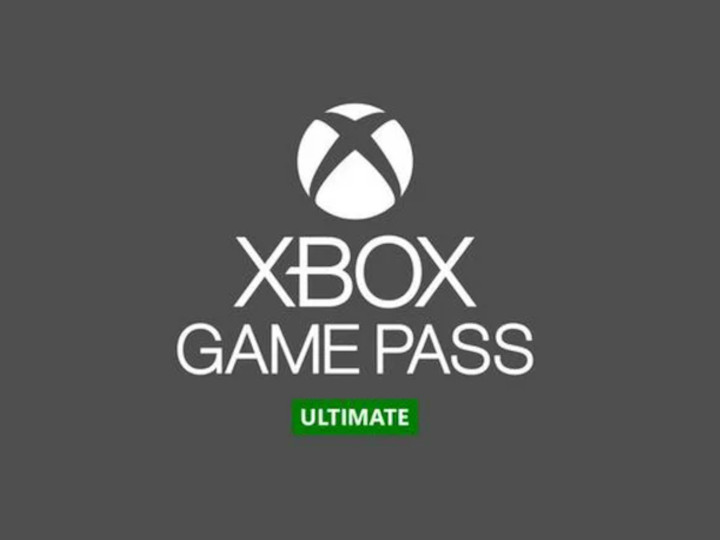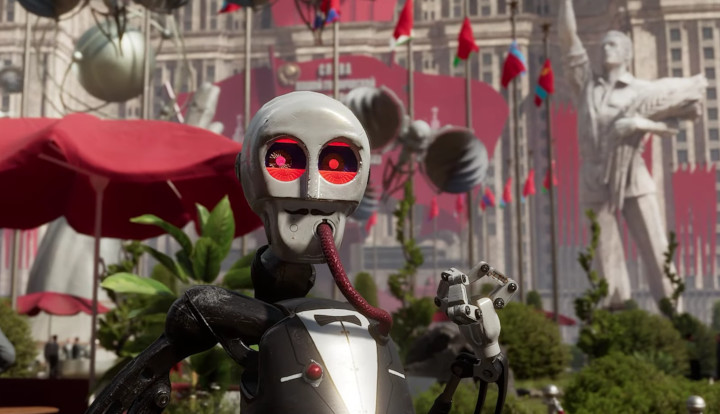
I used to have a Game Pass Ultimate subscription a couple of years back. I signed up after picking up an Xbox Series S on a whim during the early days of the global shutdown. So also getting a Game Pass subscription felt like a no-brainer. And it was through this subscription that I discovered a handful of cool little titles like Backbone, Carrion, and Neon Abyss. It was also because of this subscription that I tried Forza for the first time, as well as playing Sea of Thieves, State of Decay 2, and The Ascent.
In the beginning, I was actively engaging in the rewards program that gives out some sort of nebulous points for doing things like trying a certain number of new games in a week or garnering certain in-game achievements to pump up whatever the hell the rewards are for. It was a fun time that really did feel like the best deal in gaming.
But then I just sort of fell off. That was partially because I migrated back to my PS5, which is my default ecosystem, and partially because there were only so many new games I was interested in trying on the service. The well was dry, and I wasn’t all that thirsty to begin with.
And so, like I’m sure a decent percentage of Game Pass subscribers, I found myself a few months later realizing I was still paying $15 a month and not utilizing the service at all. S.T.A.L.K.E.R. 2 was pushed back, and with few other first-party day-one releases on the immediate horizon to even justify keeping it, I decided to cancel. If the day ever came that a game would hit the service that I was actually interested in — like, say, Starfield — I would simply sign back up, get my fair share for a month or two, then cancel and move on.

But recently, I was feeling a real Jones to finally check out Atomic Heart, a game that was high on my anticipated list but fell further down the rungs the closer it got to releasing. But even though the urge was hot, the game had not been out long enough yet to drop down to a decent sale price, so I decided to sign back up for the lower tier $9.99 Game Pass specifically to play Atomic Heart. I figured I could surely finish it in a month and didn’t need to own it outright, so for $10, it was a no-brainer.
While waiting for Atomic Heart to download, I decided to browse the Game Pass catalog, as it had been a while since I last saw what was on offer. And after going through the entire list, it became evident that Atomic Heart was pretty much the only thing screaming out to me. And after spending maybe an hour playing the thing, I quickly realized that I wasn’t as hot on the game as I’d hoped I would be. The color palette was drab and uninteresting, and the opening sequence that was bandied about endlessly in all of the coverage and review videos now felt like a slog.
But, even though I had exhausted the only game I signed up for in order to play, I didn’t immediately cancel my subscription. I figured I had paid for the month, and I still had a couple weeks before the auto renew would hit. And who knows? Maybe something would wind up piquing my interest to justify keeping the subscription going. Ultimately, nothing did, and so now, after having been enrolled for exactly 15 days, I made the effort to cancel for next month.
This, dear reader, is when the moment occurred that spurred me to write this diatribe; the event that garnered my respect for Microsoft, Xbox, and Phil Spencer (because why not). Instead of simply canceling future payments and riding out the remaining 15 days, I was offered the option to receive a full refund and cancel the service immediately.
I was stunned. Almost every other service I have had the pleasure of canceling would simply say enjoy the remaining chunk of the subscription and then piss off. But here was Microsoft, going above and beyond (and perhaps realizing the sheen of Game Pass might be waning for a particular sector of the gaming sphere). They’re effectively saying, “No worries mate, if you have no interest in the product, we got you, FULL REFUND!”
Even though Game Pass and I have parted ways again — at least until it has been determined whether or not Starfield is worth looking at — we part amicably, and with a new sense of admiration and appreciation.